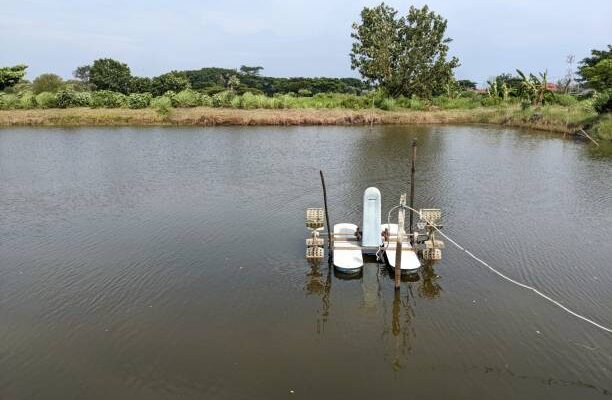Introduction
Effective lake maintenance requires robust policies and governance frameworks to guide decision-making and resource allocation. Strong governmental support and clear regulations can ensure the sustainable management of lakes and ponds. This article explores the role of policy and governance in lake maintenance and its impact on environmental protection.
Developing Comprehensive Lake Management Plans
Governments need to establish comprehensive lake management plans that outline clear objectives, strategies, and actions for lake maintenance. These plans should consider environmental, social, and economic aspects, promoting a balanced approach to lake management.
Collaborative Partnerships
Successful lake maintenance often involves multiple stakeholders, including government agencies, local communities, NGOs, and private entities. Establishing collaborative partnerships facilitates resource-sharing, knowledge exchange, and coordinated efforts for better lake management outcomes.
Enforcement of Environmental Regulations
Strict enforcement of environmental regulations and laws is essential to prevent pollution and degradation of lakes. Government agencies must ensure compliance with water quality standards, emission limits, and other relevant regulations to safeguard the integrity of our water bodies.
Conclusion
In conclusion, strong policy and governance play a critical role in ensuring the success of lake maintenance efforts. By developing comprehensive management plans, fostering collaborative partnerships, and enforcing environmental regulations, governments can protect and preserve the health of our lakes and ponds for future generations.
























Comments